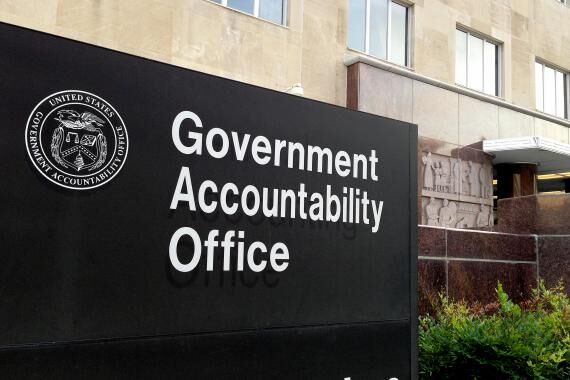ONCE the United States ceases its economic assistance to the Freely Associated States, Palau will be much more self-sufficient compared to the Federated States of Micronesia and the Marshall Islands, the U.S. Government Accountability Office said in a report.
The GAO is “a legislative branch government agency that provides auditing, evaluation, and investigative services for the United States Congress.”
Under its Compacts of Free Association with Palau, the FSM and the Marshalls, the U.S. can operate its armed forces in the Compact areas and seek land for operating bases, subject to negotiation, while excluding the militaries of other countries without American permission.
The U.S. has also provided economic assistance pursuant to its compacts with the FSM and the Marshall Islands since 1986, and with Palau since 1994.
This assistance comes in the form of grants overseen by the U.S. Department of the Interior, as well as programs and services provided by various U.S. agencies, and is intended to promote the FAS’ economic advancement and self-sufficiency.
In addition, eligible FAS citizens can study, work or live in the U.S. and its territories.
The U.S. has likewise provided contributions to each country’s compact trust fund, and the GAO was asked to provide an update on this assistance.
The GAO projected that there will be minimal disbursement risks to Palau’s compact trust fund before fiscal year 2044, whereas disbursements from FSM’s and the Marshall Islands’ compact trust funds will not cover the value of its grants, leading to annual fiscal gaps.
The GAO report examines, among other things, the use and role of the U.S. funds and programs in each country’s budgets and the projected effects of the ending of compact grants and certain programs and services.
FSM and RMI compact trust fund earnings are intended to provide revenue after compact grant assistance ends.
Palau is receiving disbursements from its compact trust fund, which is designed to provide revenue until 2045.
The FSM faces a 36% likelihood of zero disbursements from its compact trust fund in one or more years before FY 2034, even though the fund may have a substantial balance, the GAO stated.
It added that the Marshall Islands faces a 12% likelihood of zero disbursements from its compact trust fund in one or more years before FY 2034, even with a projected increasing fund balance.
The FSM relied on compact sector grants and a supplemental education grant, or SEG, ending in FY 2023 for 28% of its expenditures in FY 2019.
The Marshall Islands relied on compact sector grants and an SEG ending in FY 2023 for 21% of its expenditures in FY 2019.
Palau relied on compact grants as well as disbursements from its compact trust fund for 13% of its FY 2019 expenditures.
In FY 2019, the FSM government spent $232.7 million, with 64% of it sourced domestically or from other countries’ assistance, 28% from the compact and SEG funds, and 8% from other U.S. grants.
The Marshall Islands’ government spent $164.8 million that same fiscal year, with 66% sourced domestically or from other countries’ assistance, 21% from compact and SEG funds, and 14% from other U.S. grants.
The Palau government spent $129 million with 75% of it sourced domestically or from other countries’ assistance, 13% from other U.S. grants, and 12% from compact trust fund disbursements.
The GAO recommended that the U.S. Secretary of State, working with the U.S. Department of the Interior, establish timeframes to constitute the Palau Advisory Group on Economic Reform.
The State Department has concurred with this recommendation.
For more information, visit https://www.gao.gov/products/gao-22-104436?utm_source=outreach&utm_medium=email&utm_campaign=think+tanks_journalists












